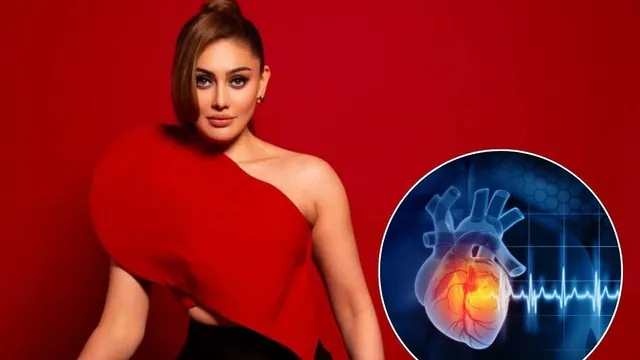Shefali Jariwala, a popular Indian actress and dancer best known for her breakout role in the early-2000s music video Kaanta Laga, died suddenly of cardiac arrest on June 27. She was 42.
According to reports, Jariwala collapsed at home late Thursday evening and was rushed to the hospital by her husband, actor Parag Tyagi. She was declared dead on arrival. The news has sent shockwaves through the entertainment industry and has reignited public debate about the growing prevalence of sudden cardiac arrest (SCA) among younger adults.
Sudden and Silent: What Is Cardiac Arrest?
Cardiac arrest is often misunderstood and confused with a heart attack. In medical terms, a heart attack occurs when blood flow to the heart is blocked, often due to a buildup of fat or cholesterol. Cardiac arrest, by contrast, results from a sudden electrical malfunction in the heart that causes it to stop beating. If not treated immediately, it leads to sudden death within minutes.
In Jariwala’s case, there were no publicly known preexisting heart conditions. Her death has left fans and physicians alike asking how such an event can strike without warning.
Cardiologists warn that while cardiac arrest often appears sudden, there are frequently subtle symptoms that may emerge weeks or even months in advance—though they’re commonly overlooked. These include:
- Frequent or unexplained fatigue
- Dizziness or fainting episodes
- Irregular heartbeat or fluttering in the chest
- Shortness of breath
- Mild chest discomfort
“These symptoms may be misattributed to lifestyle stress or exhaustion, especially among young, seemingly healthy individuals,” said Dr. Sanjay Sharma, a leading cardiologist not involved in Jariwala’s care. “But they should never be ignored.”
A Rise in Young Cardiac Deaths
India has witnessed a concerning increase in cardiac-related deaths among adults under 50 in recent years. Lifestyle-related risk factors—such as poor diet, lack of physical activity, high stress levels, and undiagnosed hypertension—have contributed to the trend. In some cases, genetic predispositions and undetected heart conditions also play a role.
Jariwala’s untimely death comes on the heels of several high-profile cardiac cases involving celebrities and athletes, drawing renewed attention to the need for cardiovascular screening and early detection.
Medical experts are now emphasizing the importance of routine check-ups, even for those with no known health issues, and greater public awareness about the distinction between heart attacks and cardiac arrests.
Emergency Response: Every Second Counts
In instances of cardiac arrest, time is critical. The survival rate drops by 10% for every minute that passes without cardiopulmonary resuscitation (CPR) or defibrillation. “Knowing how to respond—calling for help, administering CPR, and using an automated external defibrillator (AED)—can mean the difference between life and death,” said Dr. Meenakshi Verma, an emergency medicine specialist.
Unfortunately, in most parts of India, access to AEDs is limited, and public knowledge about emergency protocols remains low.
As condolences continue to pour in for Shefali Jariwala, her death serves as a stark reminder of how heart health—often taken for granted by the young—demands attention, vigilance, and preventive care.


